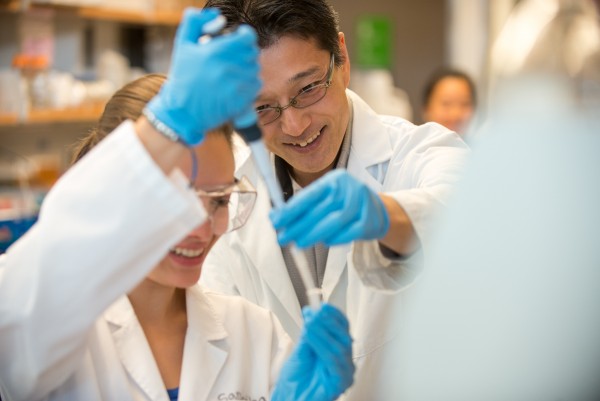
The American Lung Association recently awarded Dr. Yasu Morita a grant to advance research to identify a protein involved in the production of glycolipids that can be targeted by new drugs.
Tuberculosis (TB) is a serious lung disease that is becoming increasingly difficult to treat with antibiotics due to the emergence of drug-resistant bacteria. Developing new drugs to treat TB is particularly challenging because the bacteria that cause the disease have impermeable cell walls that block antibiotics. A notable part of these cell walls are a unique set of glycolipids. Having shown that changing the structure of these glycolipids increases the antibiotic sensitivity of TB bacteria, the goal of this research is to identify a protein involved in the production of glycolipids that can be targeted by new drugs. Dr. Morita's research team has identified Spe2 as a protein involved in this process. The project funded by this grant aims to prove that Spe2 is essential for the growth of TB bacteria and that it is located within the surface of the cell wall, making it an ideal drug target.
Department of Microbiology